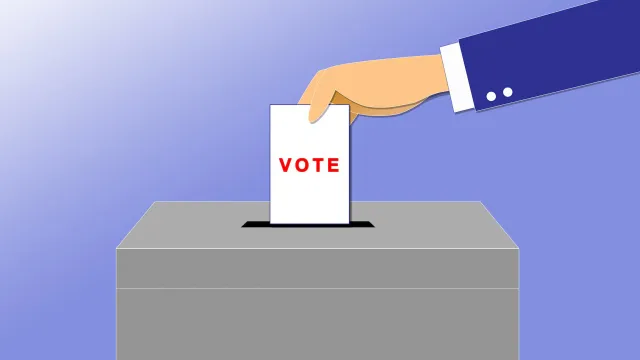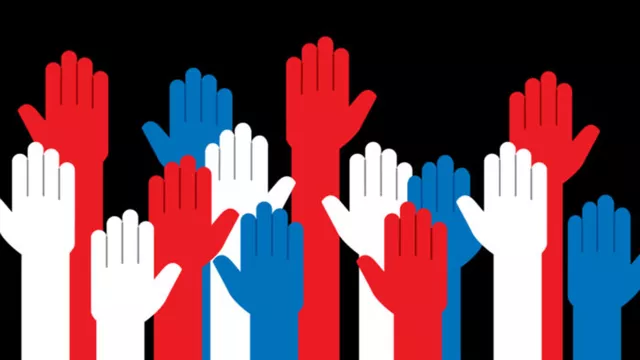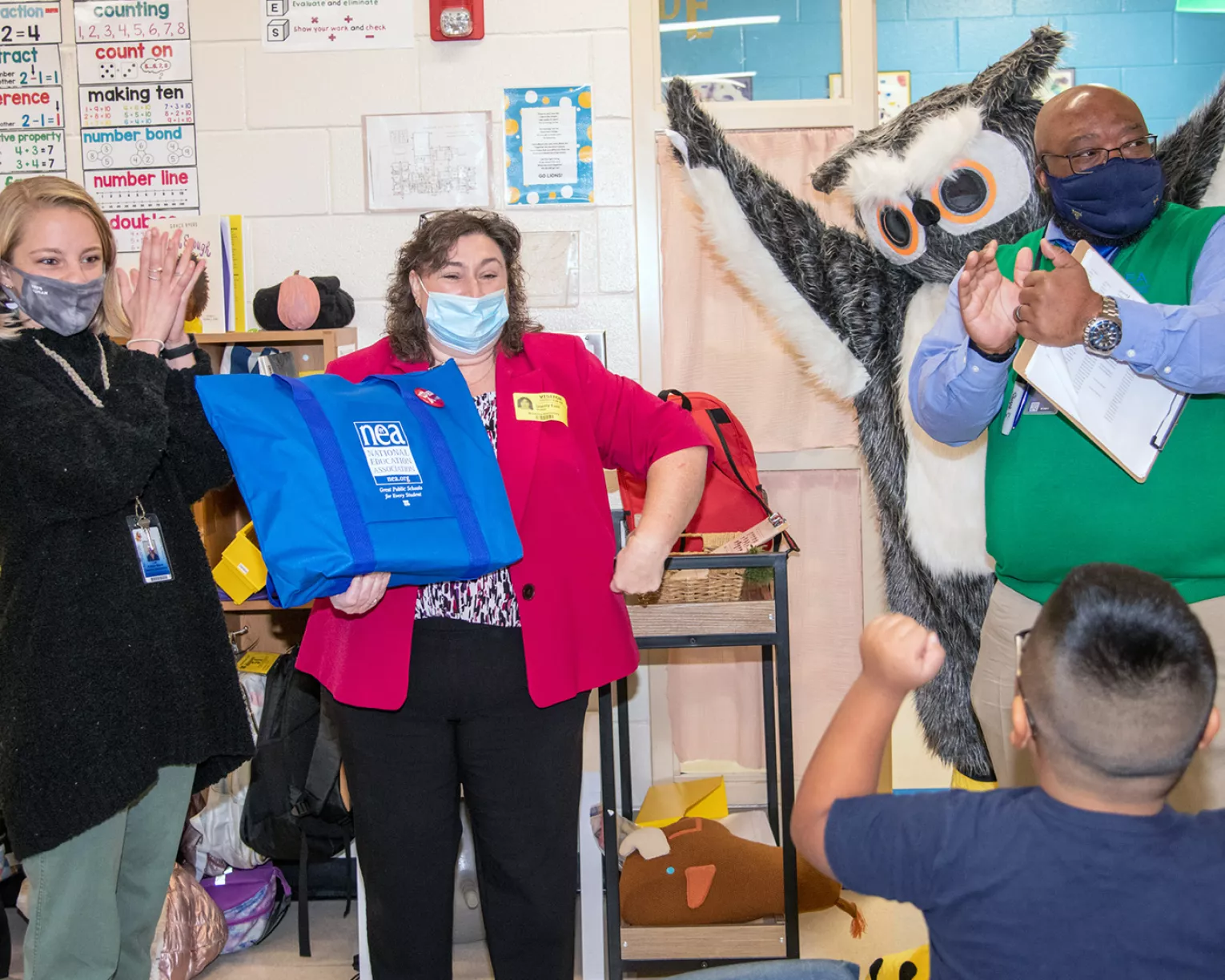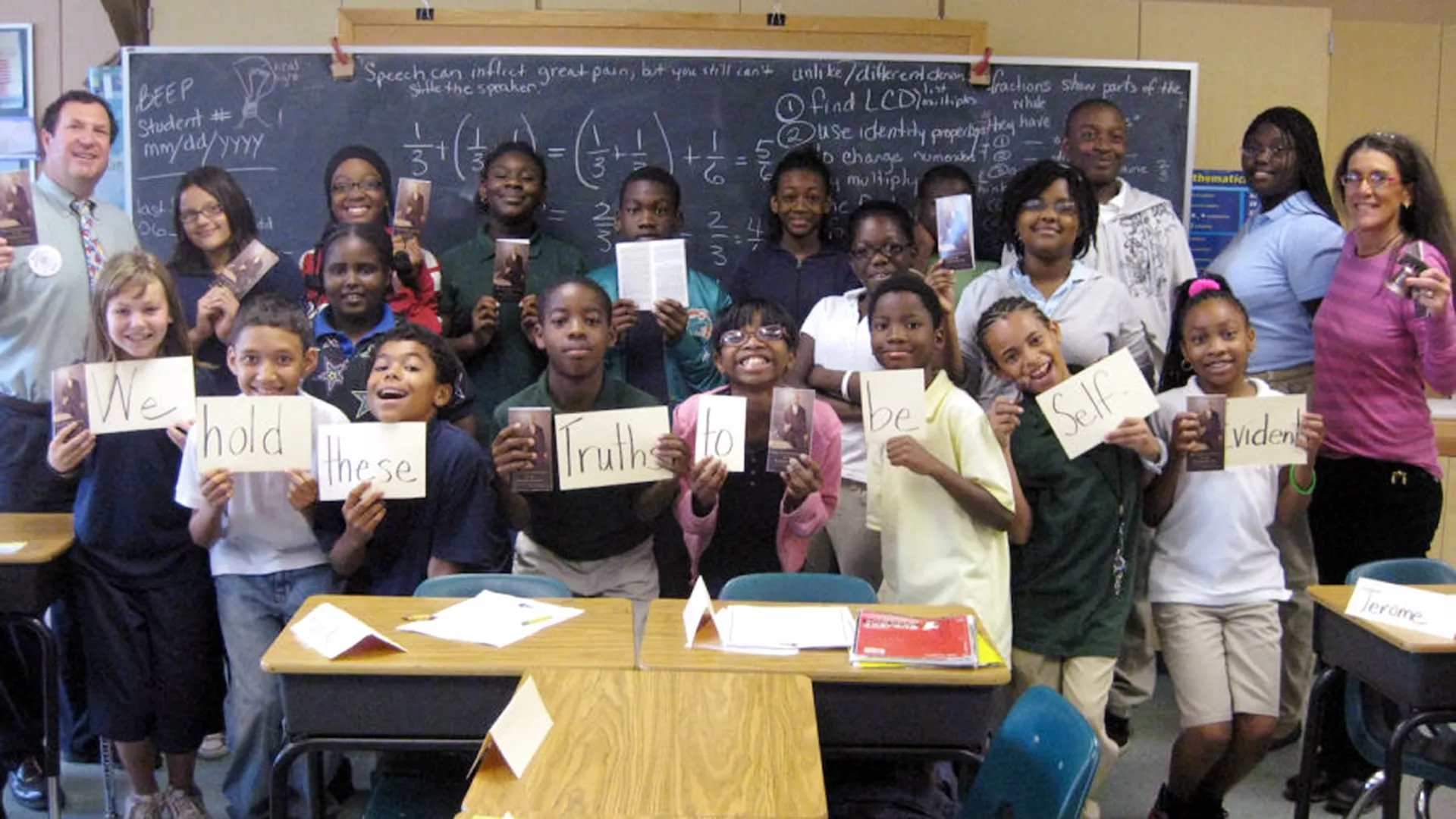Knowing the history, principles, and foundations of American democracy, and the ability to participate in civic and democratic processes, are vital to our citizenry, but civics engagement goes beyond memorizing historical documents or casting a ballot. It requires developing students’ critical thinking and debate skills, along with strong civic virtues.
We've compiled resources and advice from NEA members and other experts to help you bring civics education into your classroom.
Advice from the Experts

Teaching Students About Elections

Fostering Responsible Digital Citizenship

Civics lessons should start in kindergarten. Here’s how to get started.

3 Teachers Tell How They Took On the Civics Gap

Students Still Can’t Tell Fact from Fiction on the Internet
Ways to Promote Civics Education in Our Schools
- Provide formal instruction in U.S. government, history, and democracy that involves more than rote memorization of facts and procedures. Jennifer Reidel’s students at Lyn den High School in Lynden, Wash., research, write and debate their own bills, study recent Supreme Court cases, and hold a mock trial. Other required activities include volunteering in the community.
- Incorporate discussion of current local, national, and international issues in the classroom, particularly those that young people view as important to their lives. Nancy Peterson, who teaches American Government at Gilbert High School in Gilbert, Iowa, “designed her class from the student perspective.” Her students introduce bills proposing the class colors, flower or song. They walk the bill through a mock legislative process, then follow the “laws” that pass through their graduation.
- Design service learning programs that allow students to apply what they learned in the classroom through community service. Students in Douglas Oswald’s high schools civics class at Marion Technical Institute in Ocala, Fla., have mentored 5th graders, helping them prepare for a simulated congressional hearing.
- Offer extracurriculars that get students involved in their schools or communities.
- Give students a voice in how their school operates by encouraging their participation in student government or classroom management.
- Conduct simulations of democratic processes (mock elections, legislative deliberation and diplomacy exercises). In one of Jennifer Reidel’s favorite simulations, students participate in a constitutional convention.
- Knock down barriers for civics educators. One out of four teachers surveyed by the Center for Information and Research on Civic Learning & Engagement thought parents would object if they taught about politics in a government or civics class, and only 38 percent thought their district would give them strong support. Teachers who perceive support are more likely to use the most promising practices in civics education.
Use Your Educator Voice.

